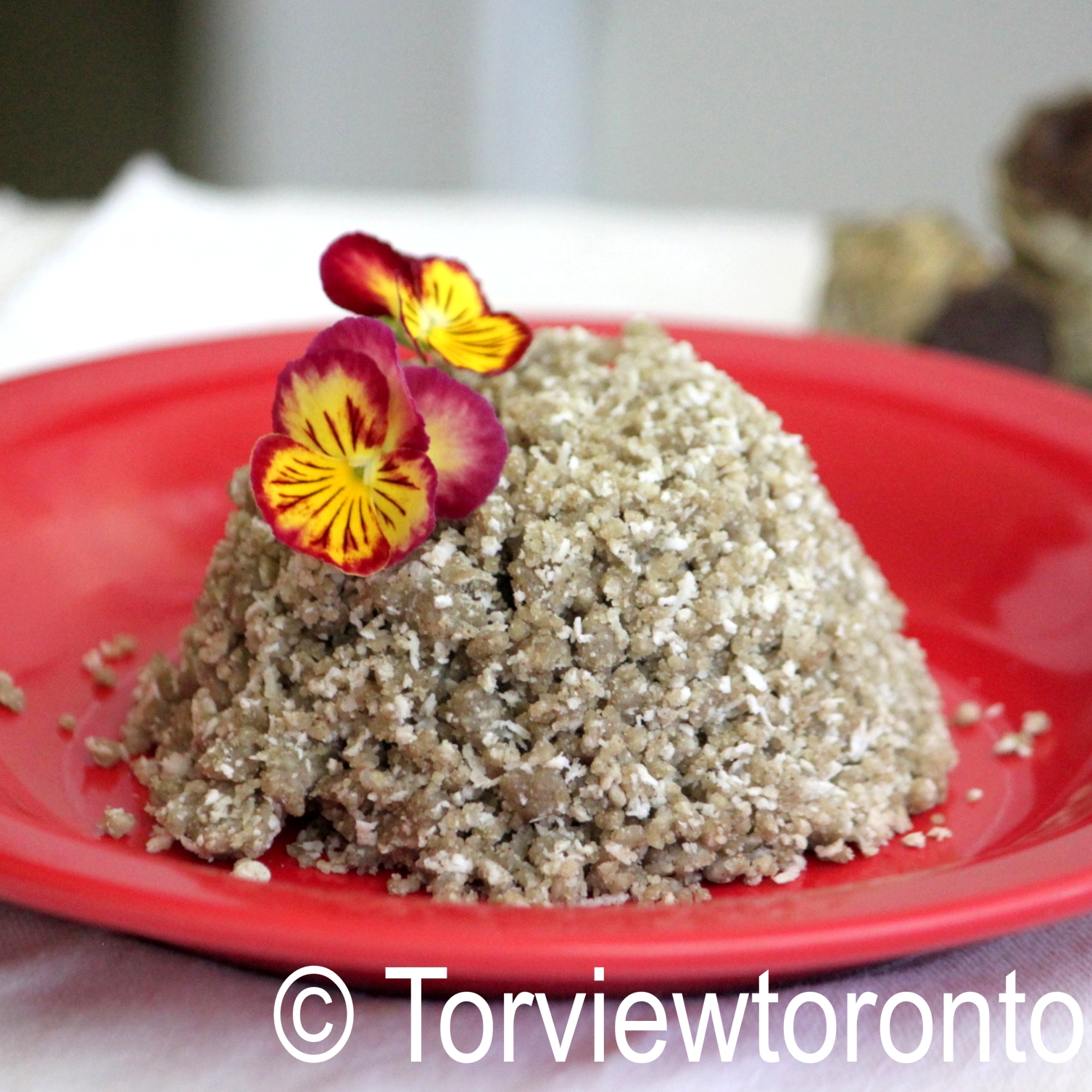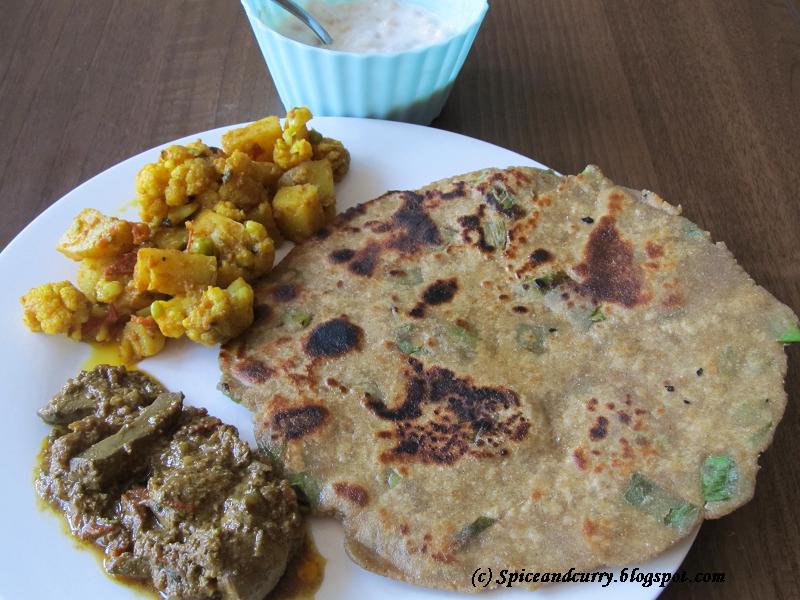It is very easy to spread bacteria around the kitchen, which can contaminate our hands, cloths and cutting boards. The finding from 2012 Lysol Cross-contamination study done by Global hygiene Council indicates our lack of awareness about food hygiene. I wanted to share their research to raise awareness about the level of cross-contamination that happens because of raw food so we can prevent it.
Preparation of one simple meal can contaminate up to 90% of the kitchen surfaces touched, which creates food borne illness.
There are about 11 million cases of food borne illness in Canada; most people recover, some end up with serious health complications and some cases result in death if the person has a weak immune system.
- Hands: spread germs. Although, we know this we most times don't take precautions by washing our hands often enough to prevent bacteria. Our faucet becomes contaminated without us even knowing that we touched it.
- Raw vegetables are a threat that goes unnoticed. E.coli outbreak that happened in Europe last summer was the result of unwashed vegetables. The study states it is better for us to wash even the pre washed salad items.
- The chopping boards and knives are usually found to be contaminated because we use the same utensils for everything we cut.
- The kitchen sponge, kitchen towels and cloths used to wipe our hands and surfaces are full of danger.
Here are tips from the Hygiene council so we can protect against harmful bacteria and cross contamination.
Hand hygiene: Rinsing the hands is not effective. Wash hands thoroughly using soap, hot water, clean towels after each stage of food preparation and before eating.
Automatic soap and liquid cleaner dispensers reduce the spread of contamination.
Surface hygiene: Clean and disinfect food preparation areas before there is any contact with food. Also clean hand-contact areas such as faucet handles, condiment jars and garbage can lids. Use antibacterial wipes or sanitizer with paper towels for cleaning high-risk surfaces.
Any kitchen towels, cleaning cloth and sponges used for cleaning should be disinfected and washed in hot water or disposed after use.
Refrigerators and sinks should be cleaned and disinfected regularly.
Food preparation: Cut meat and vegetables with separate knives and cutting boards. Soak, scrape, brush, scald and wash all fruit, salad and vegetables before using. Do not wash raw meat in the sink before cooking as it spread germs. Proper cooking of the meat will destroy harmful bacteria.
Cooking: Always cook poultry and meat above 75 degrees Celsius. Don't leave uncooked food at room temperature for longer than two hours. Reheat and re-serve leftovers only once.
Hope this lengthy :) information will be useful to all of you.
I tested the new stainless look no touch hand soap system from Lysol that dispenses the right amount of soap by sensing our hands underneath the nozzle.
The slightly perfumed healthy touch hand soap refill is enriched with skin moisturizing ingredients such as Aloe Vera and vitamin E to remove harmful bacteria and germs.
When active the sensor makes a sound, which motivates children to wash their hands often. The convenient on/off switch in the back of the container is useful in a home with little ones so we can control their use. It is also very useful and handy to have in the kitchen and washrooms.
Whenever using paper towels and toilet paper use eco-friendly products that have the EnviroCare label. These products are made with 100% recycled paper, which is safe for our sewer system. The premium quality products have a luxurious softness.
The research material is from the study by Global Hygiene Council. All rights reserved on photographs and opinion of written content Torviewtoronto © 2012 unless mentioned. Please Ask First























.jpg)









